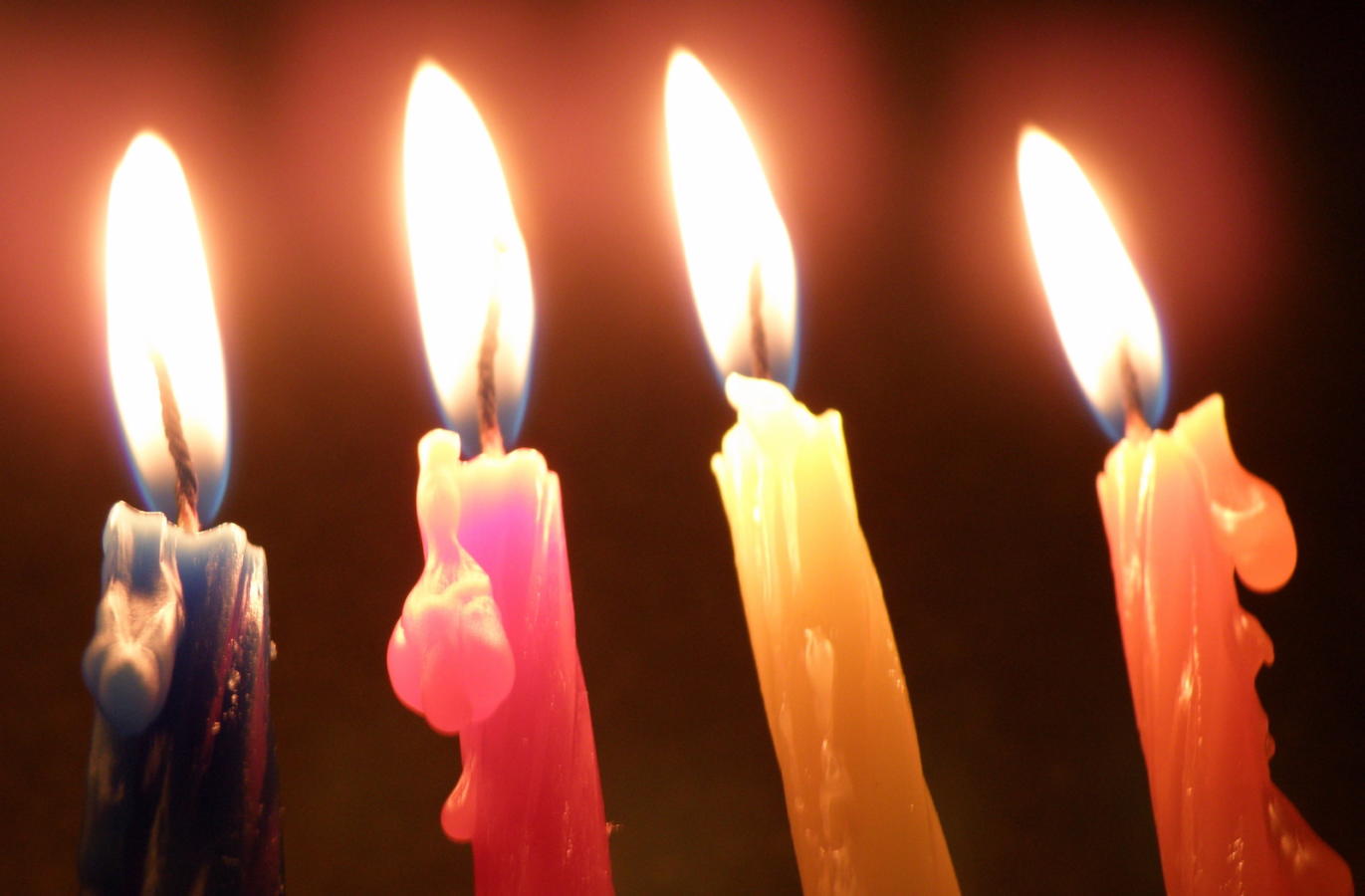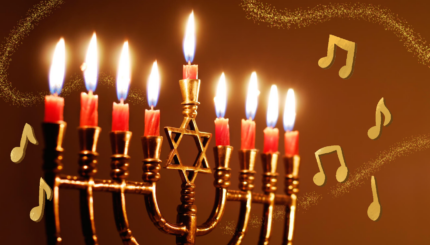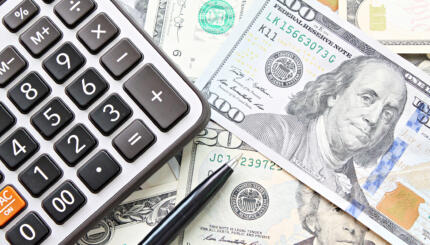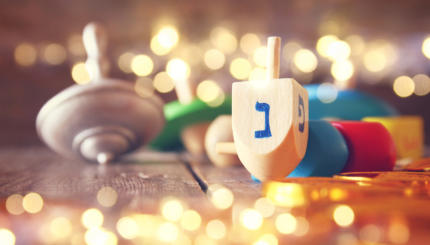Hanukkah today is often referred to as the Festival of Lights, or chag ha-ooreem in Hebrew. The origins of this term are quite old, going back to the Jewish historian Josephus Flavius.
Josephus lived in Jerusalem in the first century of the Common Era. In his work Antiquities of the Jews, Josephus describes the origins of the holiday we now know as Hanukkah.
And so Judah and his fellow citizens celebrated the festival of the restoration of the sacrifices of the Temple for eight days, and omitted no sort of pleasure, but everyone feasted upon very rich and splendid sacrifices; and they honored God, and delighted themselves with psalms of praise and the playing of harps. Indeed, they were so very glad at the revival of their customs and, after so long a time, having unexpectedly regained their right to worship, that they made it a law for their posterity that they should keep a festival celebrating the restoration of their Temple worship for eight days. And from that time to this we celebrate this, which we call the Festival of Lights, because, I imagine, beyond our hopes this right was brought to light, and so this name was placed on the festival.
Josephus’ account differs markedly from the common one known today, which focuses on the miracle of a tiny jar of oil lasting for eight days. It is that miracle that is normally invoked as explanation for the eight days of the festival and the eight candles of the Hanukkah menorah. But Josephus makes no mention of the miracle of the oil and speculates that the name comes from the fact that the right to worship and sacrifice again in the ancient temple was “brought to light.”
Today, of course, the most prominent and best-known symbol of the holiday is the menorah — the eight-armed candelabra (nine if you count the shamash). And it is the menorah lights that we typically think of when we call Hanukkah the Festival of Lights. Which is no surprise, given that Hanukkah typically falls around the darkest part of the year.
With your help, My Jewish Learning can provide endless opportunities for learning, connection and discovery.
But the earliest source we have of this term suggested something very different. It is not the physical lights of the holiday that we are commemorating, but the restoration of the ancient temple practices that, thanks to the courage of the Maccabees, was again “brought to light.”
Explore Hanukkah’s history, global traditions, food and more with My Jewish Learning’s “All About Hanukkah” email series. Sign up to take a journey through Hanukkah and go deeper into the Festival of Lights.



